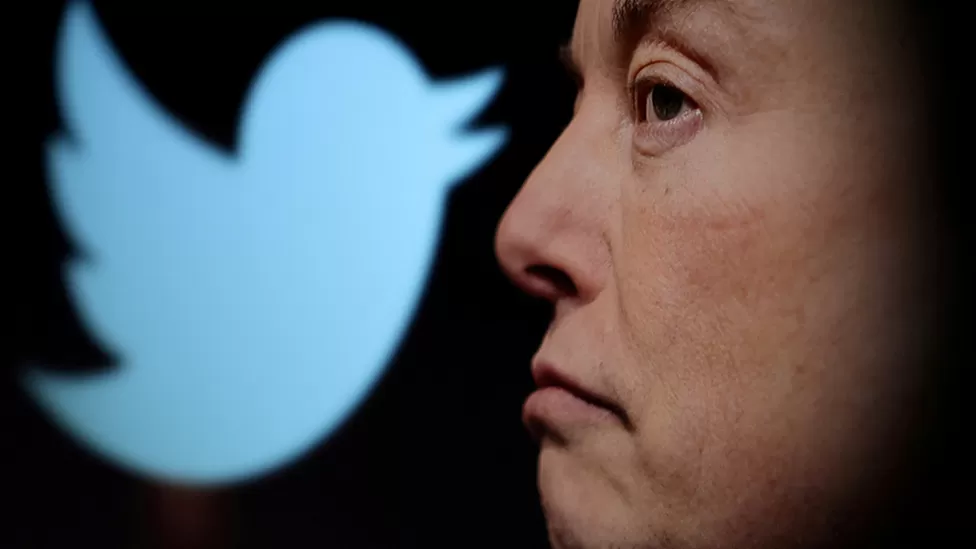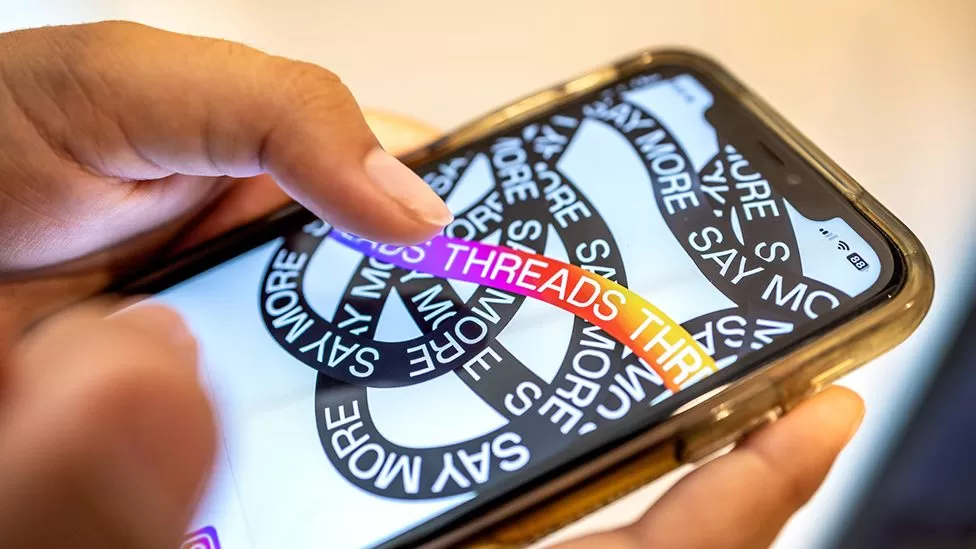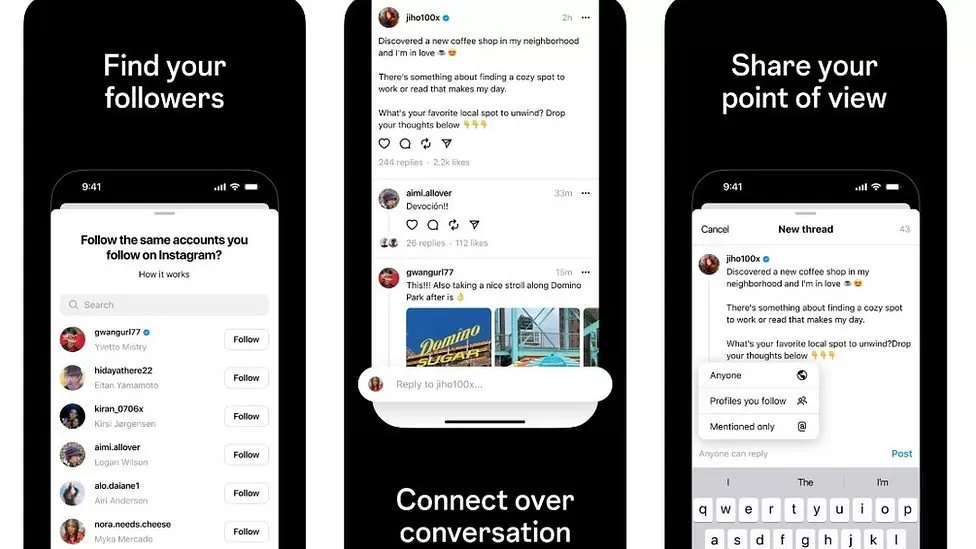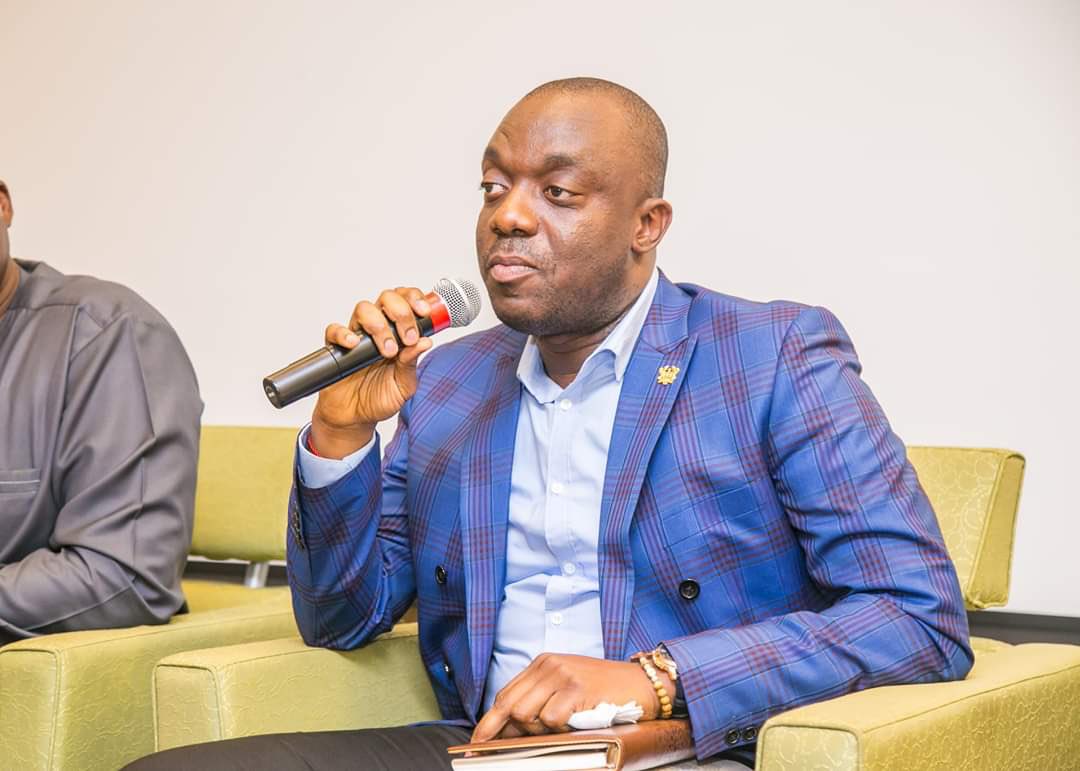Elon Musk has said he will resign as Twitter’s chief executive officer when he finds someone “foolish enough to take the job”.
The billionaire had promised to abide by the result of a Twitter poll which saw 57.5% of users vote “yes” to him quitting the role.
He says he will still run the software and servers teams after his replacement is found.
Changes on the platform since his takeover have been much criticised.
Since Mr Musk bought the social media site in October, he has fired about half of its staff and attempted a rollout of Twitter’s paid-for verification feature before putting it on pause. The feature was relaunched last week.
Civil liberties groups have also criticised his approach to content moderation, accusing him of taking steps that will increase hate speech and misinformation.
On Friday, Mr Musk was condemned by the United Nations and European Union over Twitter’s decision to suspend some journalists who cover the social media firm.
The UN tweeted that media freedom was “not a toy”, while the EU threatened Twitter with sanctions.
This is the first time the multibillionaire has responded to the poll launched on Sunday asking if he should resign. More than 17.5 million users voted, with 42.5% voting no to Mr Musk stepping down.
Finding someone to take over the social media platform may be a challenge, according to Mr Musk. After laying off Twitter staff last month, the billionaire reportedly told remaining workers that the company he just bought could see “net negative cash flow of several billion dollars” in 2023 and “bankruptcy is not out of the question”.
“No one wants the job who can actually keep Twitter alive,” he tweeted following this week’s poll.
Some people speculate Twitter co-founder Jack Dorsey could also come back to run the company. He resigned as chief executive in November 2021.
Other names mentioned as possible replacements include Sheryl Sandberg, Facebook’s former chief operating officer, Sriram Krishnan, engineer and close confidante to Mr Musk, and Jared Kushner, US former presidential adviser and son-in-law of Donald Trump.
In the past Mr Musk has obeyed Twitter polls. He is fond of quoting the Latin phrase vox populi, vox dei which roughly means “the voice of the people is the voice of God”.
But on Tuesday, he confirmed Twitter would only allow paid subscribers with a blue tick to vote on changes to policy in future.
It came after one user claimed that so-called bots appeared to have voted heavily in the poll about Mr Musk’s role at the firm. Mr Musk said he found the claim “interesting”.


Elon Musk’s tenure as Twitter chief executive may turn out to be short, but it certainly wasn’t sweet.
At times it felt like we were watching a train come off its tracks.
He seemed to enjoy the circus he created. Did he get bored, did his investors pull him back, or did he finally listen to those telling him that Tesla, the electric car firm to which much of his wealth is linked, needs urgent attention from its CEO – also him – as its value continues to nosedive?
Given how open Mr Musk appears to be on Twitter, perhaps one day he will tell us.
But this is not the end of the Musk/Twitter show. He will still own the firm (nobody is likely to buy it off him any time soon, especially not at the price he paid), and he will undoubtedly still be a prolific and influential tweeter in his own right.
Plus, he’s got to find someone willing to take his place (and work with him) – and that position might prove a difficult one to fill.

Twitter’s paid-for verification feature was rolled out for a second time last week after its launch was paused. The service costs $8 per month, or $11 for people using the Twitter app on Apple devices, and gives subscribers a “blue tick”.
Previously a blue tick was used as a badge of authenticity and was free.
For weeks, investors have called on Mr Musk to step down from running the social media platform, saying he has been distracted from properly running Tesla.
Shares in the the electric car company have plummeted more than 65% over the past year.
Mr Musk sold billions of dollars worth of Tesla shares to help fund his purchase, which helped to push the shares down.
“Finally a good step in the right direction to end this painful nightmare situation for Tesla investors,” said Dan Ives from investment firm Wedbush Securities after Mr Musk’s tweet on Tuesday.

















